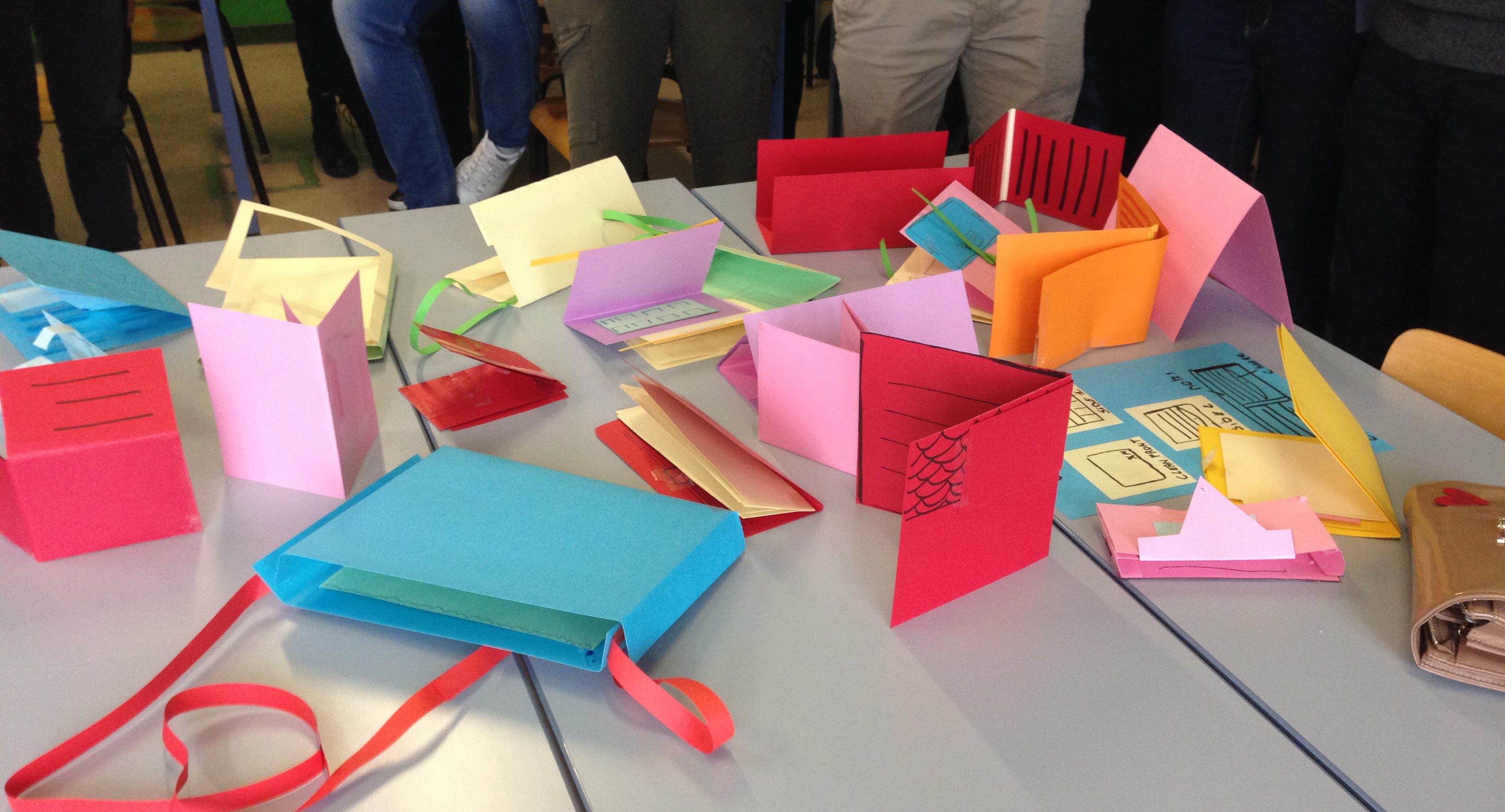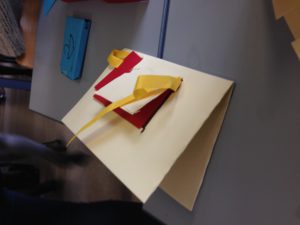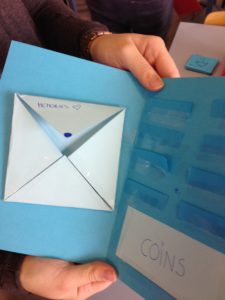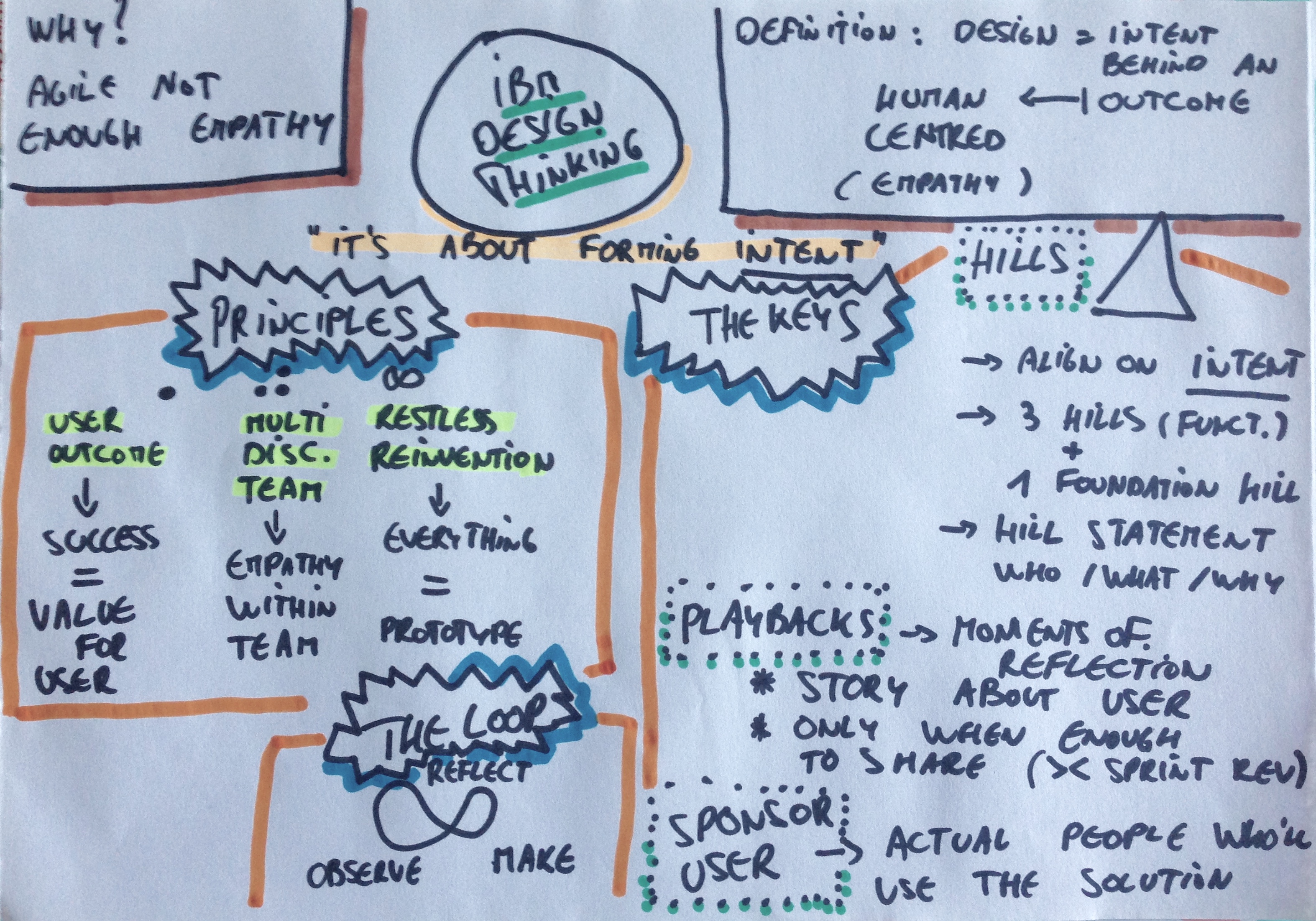
Choosing the Right Design Thinking Exercise
I like trying new workshop formats on a regular basis. I’ve been teaching Design & Marketing for a couple of years at EHSAL Management School. This year I wanted to introduce a more hands-on workshop format. Something fast on one hand, still covering all aspects from Design Thinking on the other hand. While looking for a design thinking exercise to run with these students, I ran into The Wallet Project from Stanford d.School.
This design thinking exercise allows a quick hands-on introduction to Design Thinking. “The Wallet Project is 90-minute (plus debrief) fast-paced project though a full design cycle. Students pair up, show and tell each other about their wallets, ideate, and make a new solution that is “useful and meaningful” to their partner.” (source)
Workshop Structure
The structure beautifully reflects the 4 D’s from Design Thinking.
- Discover: gain empathy by interviewing someone about his or her ideal wallet.
- Define: use these insights to formulate a specific problem statement for a specific user.
- Develop: generate ideas based on the research and problem statement. Ask for feedback. Iterate.
- Deliver: build a prototype.
Results
I’m still waiting for student feedback, but it felt as if this workshop helped a lot to make the theory behind Design Thinking tangible. The second run – the class was divided into two separate groups – was a lot better. I had more focus and anticipated better. Important is to stress the right things at the right time. Don’t go into solutions when you’re still in the first part of the double diamond.
A couple of nice examples of what the class came up with:

A wallet that has a removable compartiment which fits into a woman’s bra. Allowing the “user” to party without having to be concerned about losing the essentials.
Another wallet with a removable part that contains precious memories the “user” always wants to have close. But when she (or he) is going to a party, they can be left at home. What I appreciate the most in this prototype is the empathic insight it is based on. People drag along scraps of paper and other memories in their wallets, which have a high emotional value. This prototype provides an answer to the risk of losing them.
Get Started
If you want to try out the workshop yourself, make sure to use d.school’s participant handout and facilitator’s guide.
Need any help? Don’t hesitate to contact me. I’ll be happy to facilitate this workshop for your organisation.

